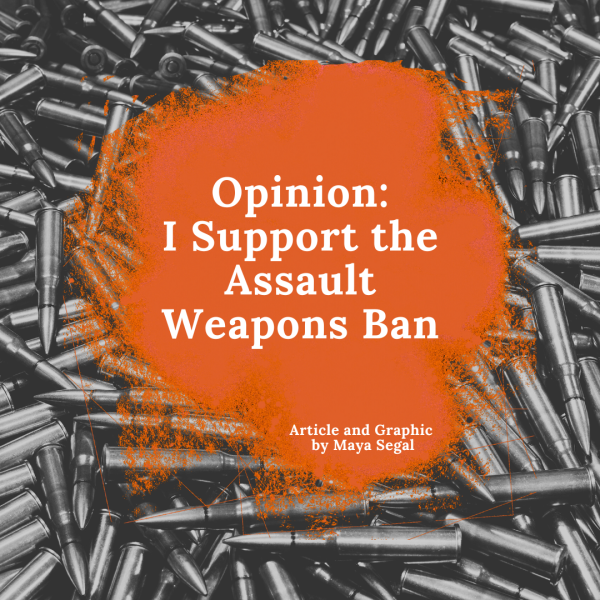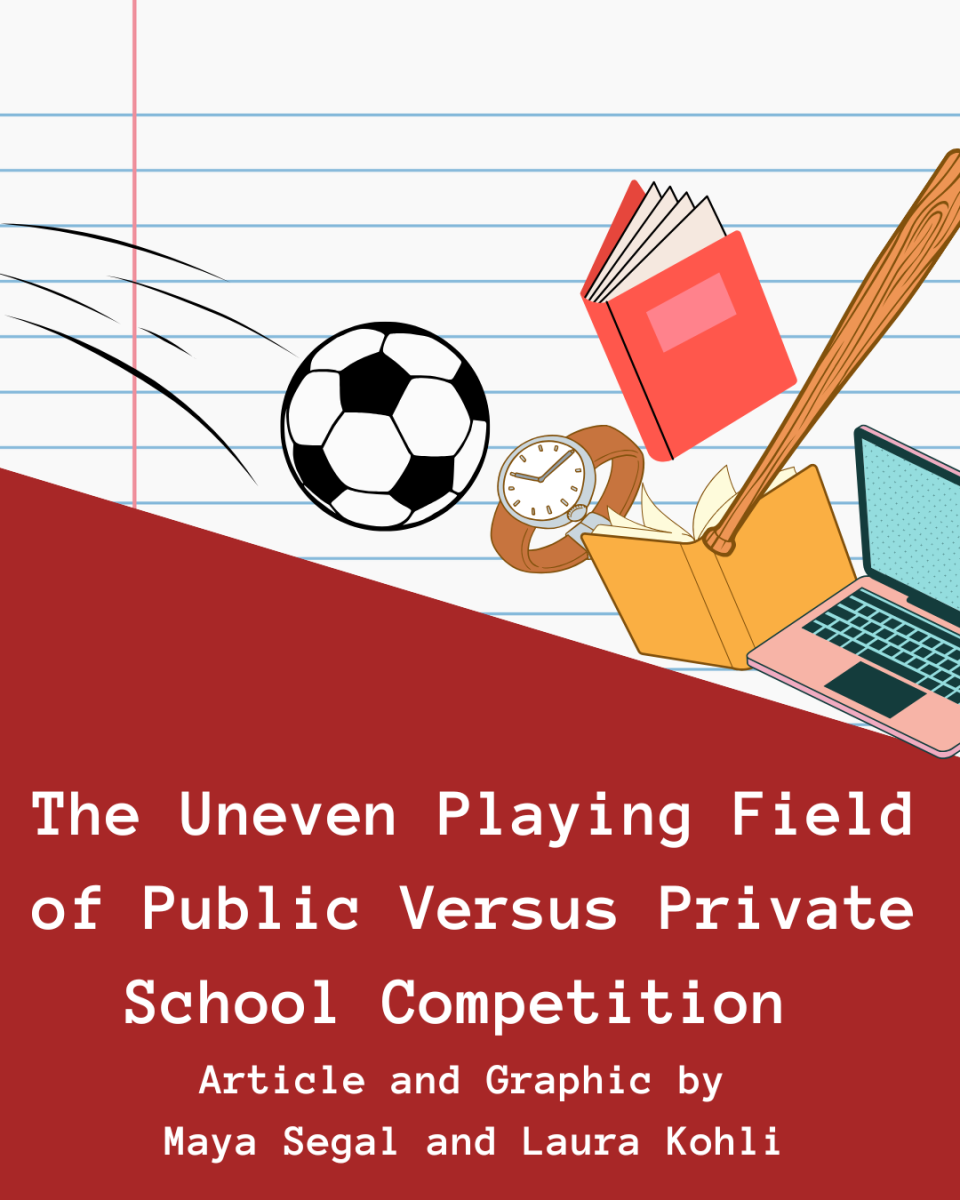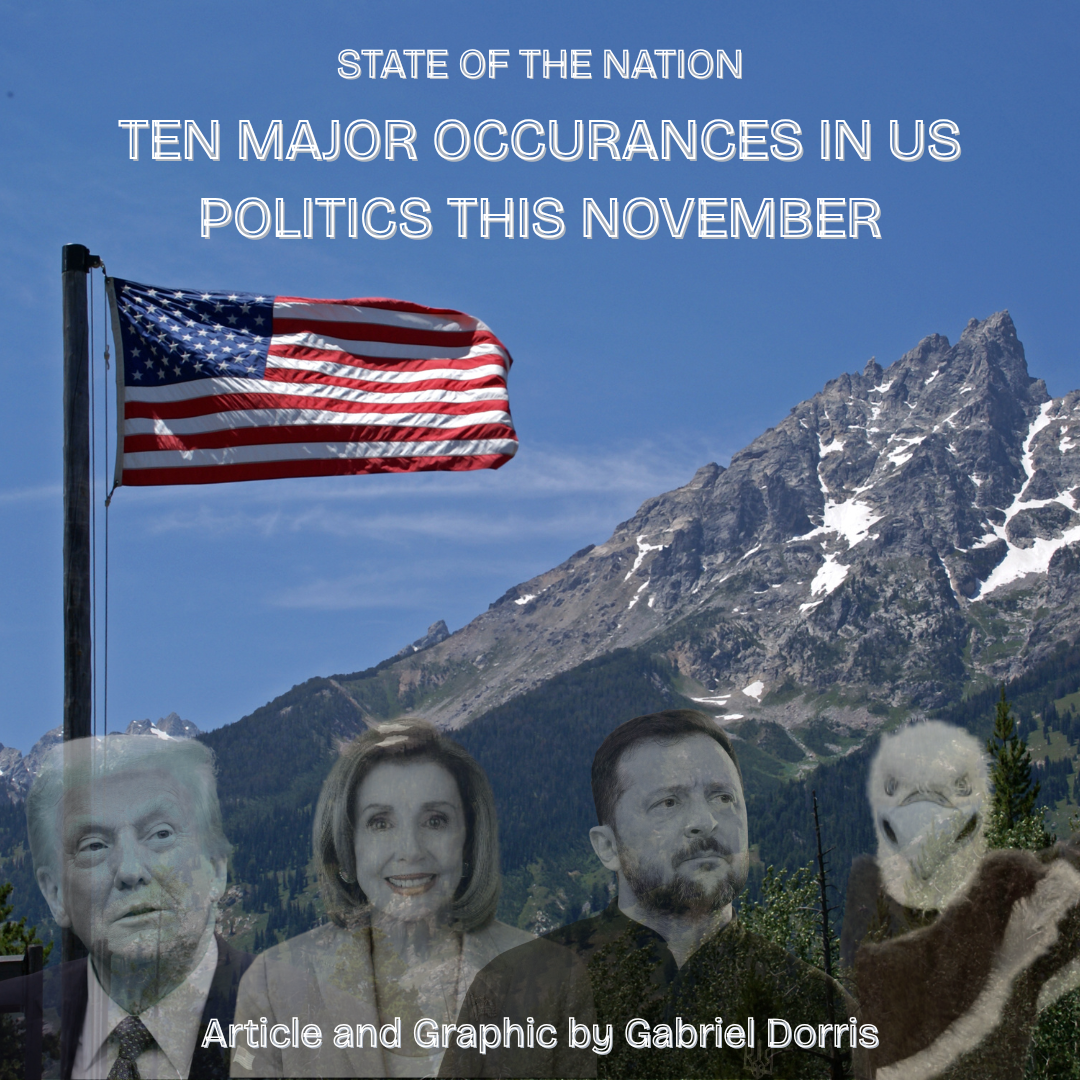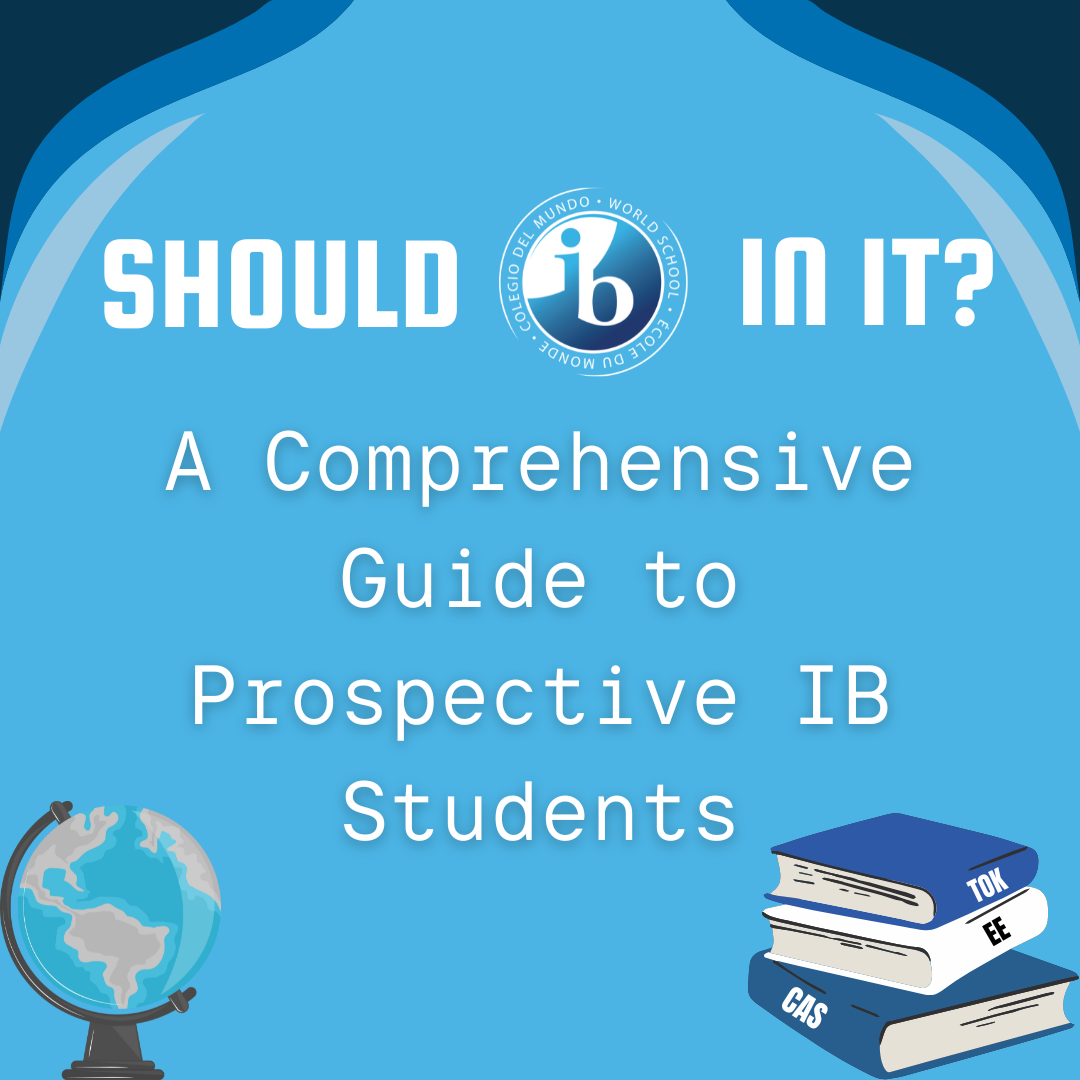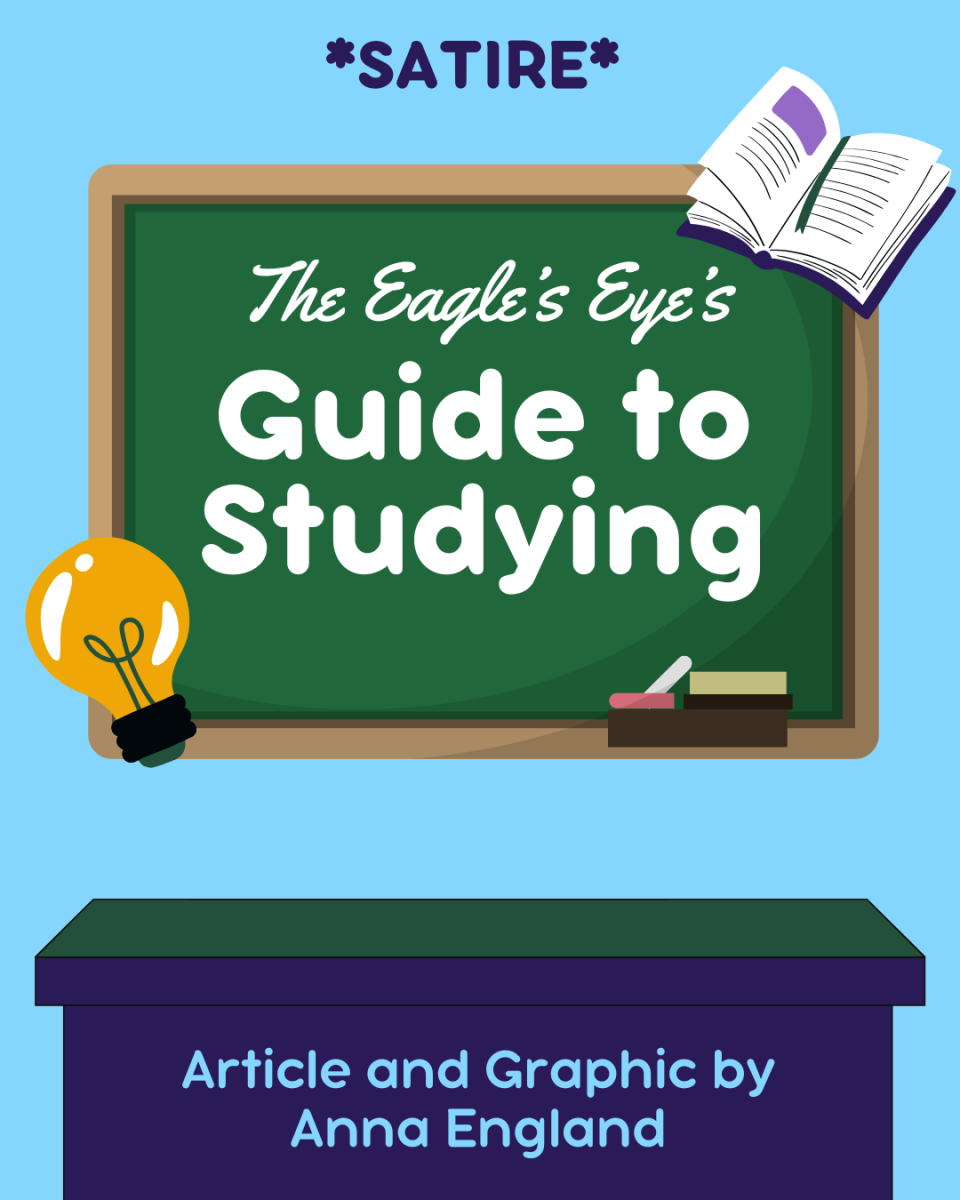America’s gun epidemic seems to be reaching increasingly new heights, and I believe it’s important to take a stand against the violence plaguing our country. One way to do this is to support the passage of the Assault Weapons Ban (Senate Bill 25 and House Bill 698), which would forbid the importation, sale, trade, and possession of semiautomatic weapons or large-capacity ammunition feeding devices. Additionally, it would require background checks on all sales or transfers of grandfathered assault weapons and require safe storage of grandfathered weapons. States and localities would also be allowed to use funds for voluntary gun buyback programs for grandfathered assault weapons and large-capacity ammunition feeding devices.
Many Americans proclaim gun violence prevention measures are unnecessary, ineffective, and contrary to the wording and spirit of the Second Amendment of the Constitution, which states, “A well-regulated Militia being necessary to the security of a free State, the right of the people to keep and bear Arms shall not be infringed.” Groups such as the National Rifle Association argue that law-abiding gun owners, like hunters, will suffer under more restrictive laws, while criminals will always access guns no matter what restrictions are enacted.
However, we have seen that these measures were, in fact, very effective. In 1994, Congress passed a federal Assault Weapons Ban, which expired in 2004 and was not renewed. In the decade the Assault Weapons Ban was in effect, 89 people died in 12 mass shootings. From 2004 to 2014 – the decade after the Ban expired – over 300 people were shot and killed in 34 mass shootings, representing a 183 percent increase in massacres and a 239 percent increase in fatalities.
This issue is highly personal for me. On March 27th, 2023, my mom and I dropped my younger brother off at Ligon Middle School. At the time, we had no idea that a man was shooting at cars a mere two minutes away from the school. Due to the school’s unfortunate response, my brother – and some 20 other students – were left stranded on a street corner, scared out of their minds. They heard the gunshots. The car of my 8th-grade math teacher was shot at as she drove into work. The man missed, but the school’s orchestra teacher wasn’t so lucky, as her car got hit while she was driving.
I know other people who have had even closer experiences with gun violence. On Friday, January 26th, 2024, I attended a seminar where Rabbi Charlie Cytron-Walker explained how he had been held hostage by a gunman for 11 hours and ended up throwing a chair at the man – risking his life in the process – in order to escape.
In October of 2022, a 15-year-old opened fire in Raleigh’s Hedingham neighborhood, killing five people. Upon obtaining a search warrant, the State Bureau of Investigation found that the teenager possessed a stockpile of assault weapons. By requiring background checks on sales, trades, or gifting of assault weapons, the Assault Weapons Ban will help prevent tragedies like this one from happening again.
The teenager had previously taken art in the very same classroom that my own mother taught in. Had she had her job just a few years earlier, my mom would have been his teacher. As a former public school teacher, my mom dealt with the reality that one day, it might be up to her to protect her room full of 30 students from an armed intruder.
The losses from mass shooting deaths bring a pain that reaches far beyond the numbers, extending into a fear that any of us, at any moment, could be shot and killed. These horrors are only exacerbated by assault weapons – the very same weapons that the Ban aims to prohibit the importation, sale, manufacture, transfer, and possession of.
In today’s political and social climate, increasing amounts of attention are being drawn to gun violence not only due to its lethality, but its preventability. This prevention is desperately needed, as the rate of gun violence in the United States is 26 times higher than in any other first-world country. A contributing factor to the high lethality of gun violence is the mass shootings where assault weapons are used. From 2015 to 2022, mass shootings where the shooter used an assault rifle resulted in an average of 2.3 times more people killed and 22.7 times more people wounded compared to incidents where the shooter did not use an assault rifle. Magazines are the part of the gun that feed ammunition into the chamber of the gun, and they are considered high-capacity when they carry more than 10 bullets per magazine. Of the 48 mass shootings from 2015 to 2022 where the magazine type was known, incidents involving high-capacity magazines resulted in 2.5 times more people killed and nearly 10 times more people wounded. In the 15 years after Congress let the Assault Weapons Ban expire, there was a 347% increase in fatalities during gun massacres.
I recently had the opportunity to visit Washington D.C. and share these stories and facts with representatives of North Carolina Senator Thom Tillis. The purpose of my speech was to urge the Senator to cosponsor the Assault Weapons Ban, demonstrating a commitment to safety and ensuring that weapons of war cannot be used to murder, maim, and traumatize our communities. Cosponsoring means that the Congressperson has added their name as a supporter of a bill that was introduced by another member of Congress. House of Representatives Bill 698 currently has 206 sponsors, including Representative Ross (NC District 2), Representative Nickel (NC District 13), and Representative Foushee (NC District 4). The Senate version of the Ban, Senate Bill 25, has 44 cosponsors. Though neither of the North Carolina senators are currently members of this list, I hope that my words have influenced Senator Tillis’ decision on the matter.
If you are interested in reaching out to your representatives about gun violence prevention or any other issue you are passionate about, you can visit their websites, write letters, call, email, or even schedule an in-person meeting at a regional office.
Source material provided by the Religious Action Center.


